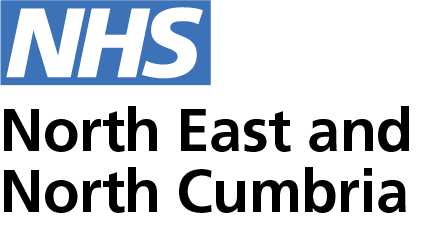What is mindfulness?
Mindfulness is the natural capacity we all have to bring awareness and interest to what is happening in the present moment. Becoming more mindful can support our wellbeing and mental health.
Learning mindfulness can help you:
- be more aware of your thoughts and feelings
- be kinder to yourself
- respond more wisely to difficulties and stress.
Mindfulness is recommended by the National Institute of Health and Care Excellence.
What do we offer?
- Drop-in sessions
- 2-hour taster sessions
- 3-week introductory courses
- 8-week courses
- Follow up activities, such as days of mindfulness practice.
Drop-in sessions
These regular 30-minute weekly drop-in sessions aim to support staff wellbeing and include:
- A guided meditation
- An opportunity for some brief discussion.
You don’t need to book in advance, and no previous experience of mindfulness is necessary. The sessions are delivered online via Microsoft Teams.
For information on how to register please see TEWV Mindfulness Service Website.
Taster sessions
The 2-hour online sessions will give you a taste of what mindfulness is all about and the variety of offerings our service provides. Sessions include information, discussion, and guided meditations. The taster sessions are open to health and social care staff and members of the public, including service users and carers. You need to attend a taster before applying for the 8-week course.
For dates and booking information please see TEWV Mindfulness Service Website.
3-week introduction to mindfulness course
This course is online via Microsoft Teams and will introduce you to some skills that can help you manage distress and difficulty as well as appreciate the good things in life. It consists of 3 sessions over a 3-week period. Each online session is an hour long and will include brief guided meditations, as well as some theory and discussion. Between these sessions, you will be invited to use the mindfulness practices at home so that you begin to experience the benefits of applying mindfulness to your everyday life.
The course is for people who are new to mindfulness or who only have limited time to attend a course.
For dates and booking information please see TEWV Mindfulness Service Website.
8-week courses
An in-depth course with a structured curriculum that combines training in mindfulness with elements of cognitive behavioural therapy (CBT). The course will teach you skills to manage distress and to appreciate the good things in life by inviting you to apply what you learn to your own life and developing a regular mindfulness practice. This course does not teach you how to teach others about mindfulness.
Participants (usually 10-15) and the teacher meet once a week. You will need to do some home practice every day to practise the skills you are learning.
If you would like to attend one of our 8-week courses, you will need to attend a taster session or an introductory course first.
For dates and booking information please see TEWV Mindfulness Service Website.
Days of mindfulness practice
Our days of mindfulness practice sessions are included in the 8-week course and previous graduates are also invited to support their ongoing mindfulness practice and sense of wellbeing. The day is spent engaging in a variety of mindfulness practices with limited talking and space for reflection.
These sessions may be online via Microsoft Teams or in-person.
For dates and booking information please see TEWV Mindfulness Service Website.
Contact us
For any other enquiries please email us on tewv.mindfulness@nhs.net or phone on 01325 552017.
